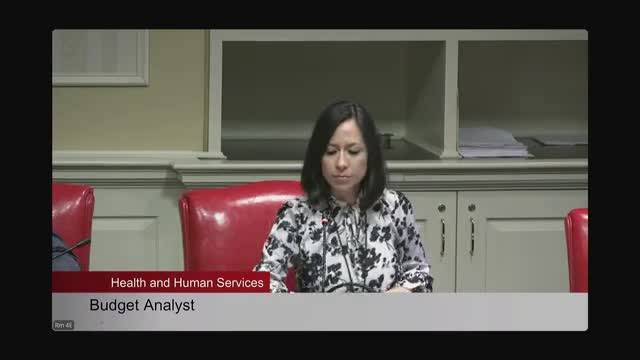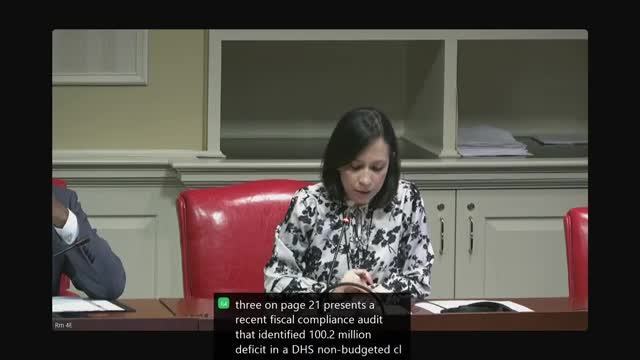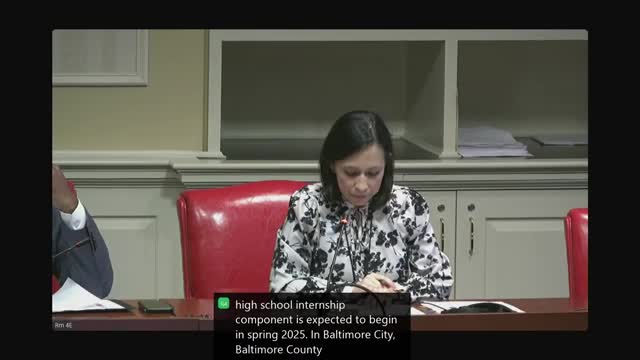Article not found
This article is no longer available. But don't worry—we've gathered other articles that discuss the same topic.

Maryland officials defend MD THINK spending and plan report after audit flagged cost growth and functionality gaps

DHS says $100.2 million clearing‑account deficit will be reconciled without general‑fund support

